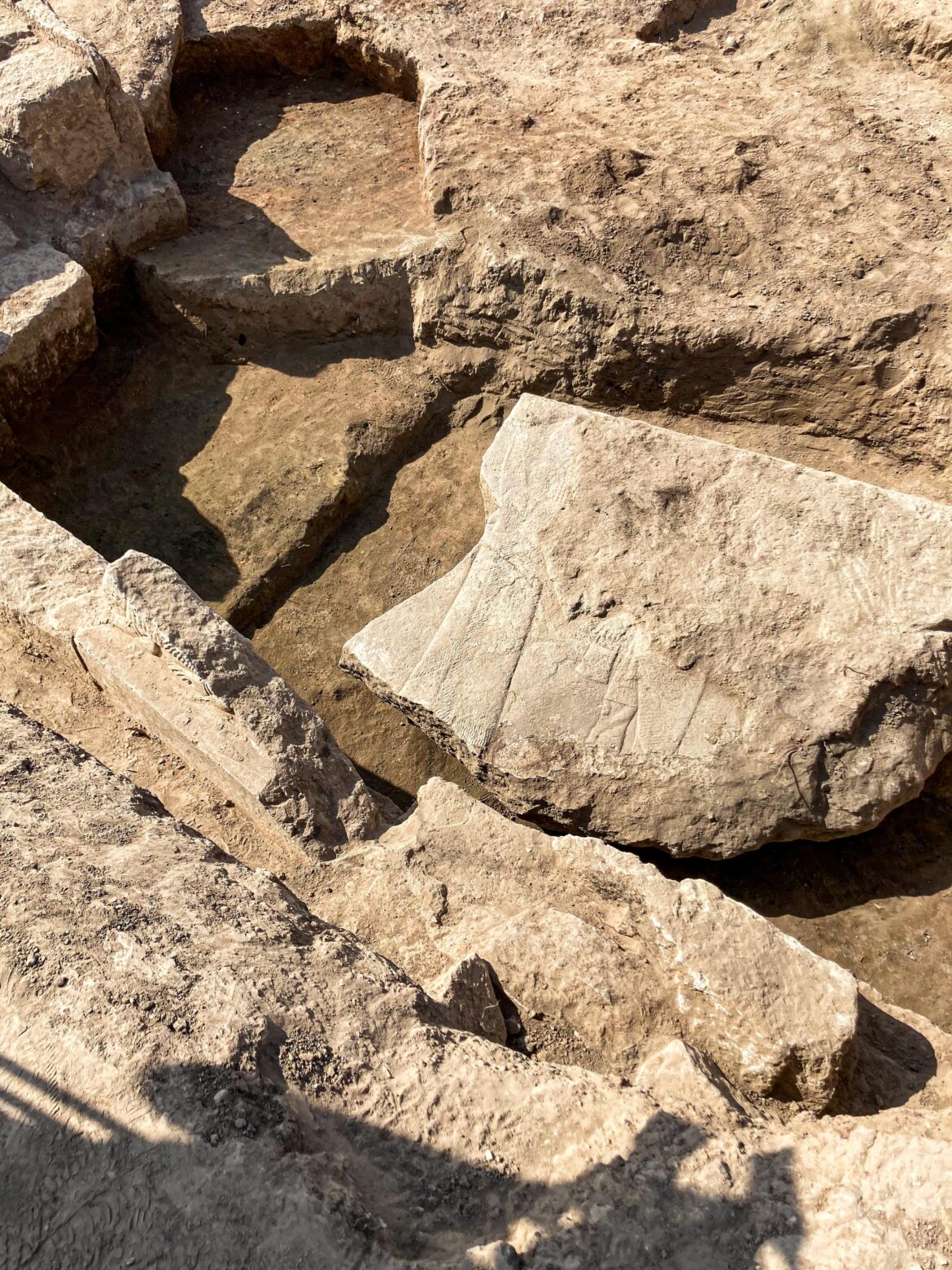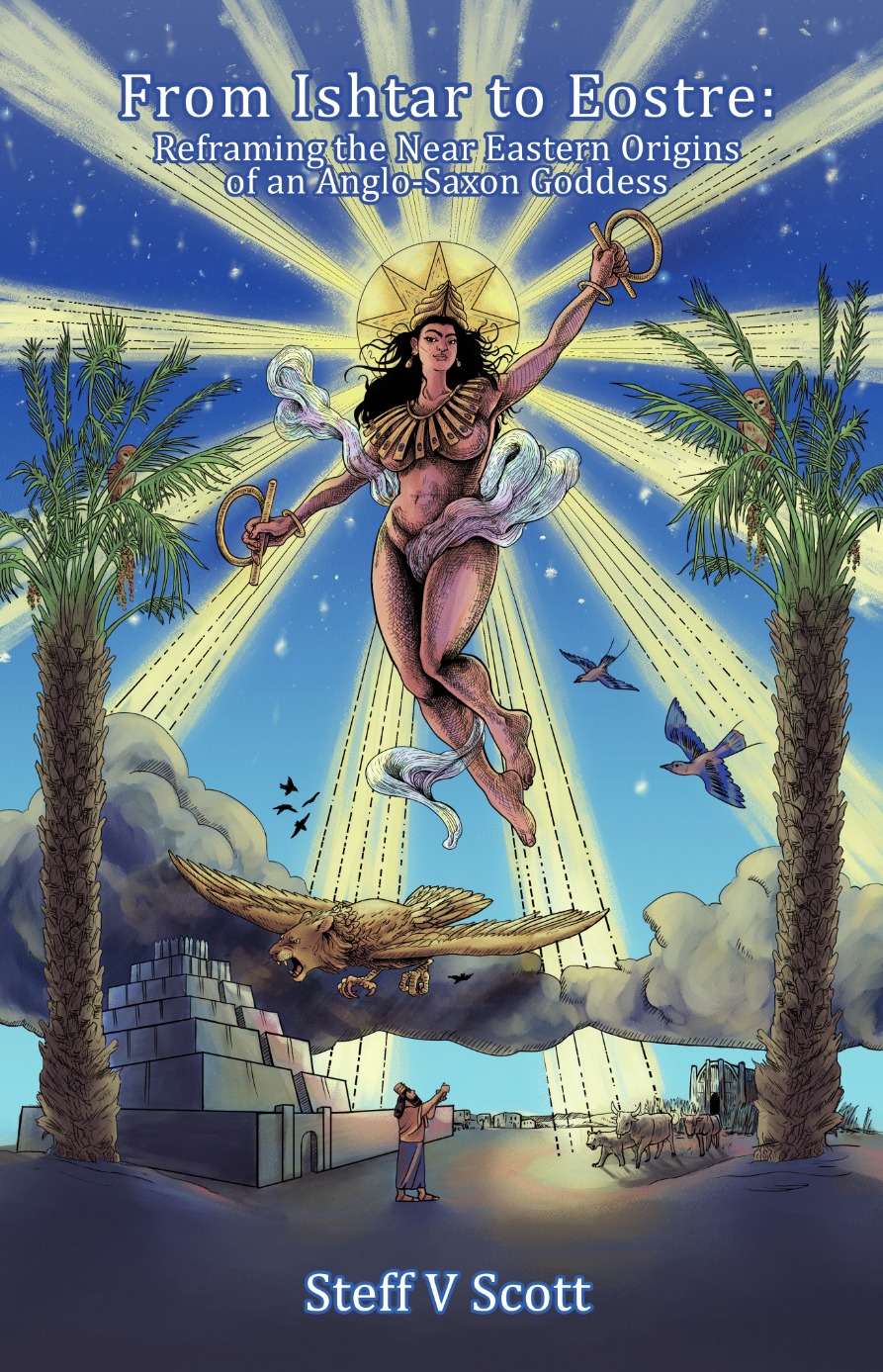TWH — On the song “Descent to the Realm of the Dead” by the duo Nemuer, singer-guitarist Michael Zann chants and growls, “Ušellâ mītūti ikkalū balṭūti,” but only a handful of scholars in the entire world will know, without looking at the liner notes of the band’s new album Gardens of Babylon, that Zann is singing, “I will raise up the dead so that they devour the living.”
That’s because the Czech-born Zann isn’t singing in his native tongue, some other Slavic language or Klingon. Rather, he’s singing in Akkadian, the extinct language that was all the rage in Mesopotamia from 3000 B.C.E. to 1000 B.C.E.
Evocations of flesh-eating, netherworld denizens aside, Nemuer (pronounced Ne-moo-er) isn’t some black metal band. Instead, Zann and his mate Katarina Pomorska call themselves “an atmospheric dark folk duo.” Their bio proclaims that “in order to keep the atmosphere utterly immersive, they use solely authentic dead languages or lyric-less primordial chanting.”
Zann’s co-writer for “Descent to the Realm of the Dead” was some anonymous, ancient Babylonian scribe who carved the tale of the goddess Ishtar and her descent to the netherworld onto a clay tablet some three millennia ago. That song and the rest of Gardens of Babylon are certainly atmospheric and dark, but it’s the darkness of shadows and sorrow, of dread and the Dark Side of the Moon rather than something overtly sinister or evil – even if the band did use the term “Lovecraftian atmosphere” to describe some of their earlier work. Cross-breed the sound textures of that Pink Floyd classic with the mythopoeic world music ensemble Dead Can Dance, then mix in the story of how Ishtar, the ancient Mesopotamian goddess of love, sex, fertility and war, ventured into the netherworld, and you have an idea of Gardens of Babylon.



